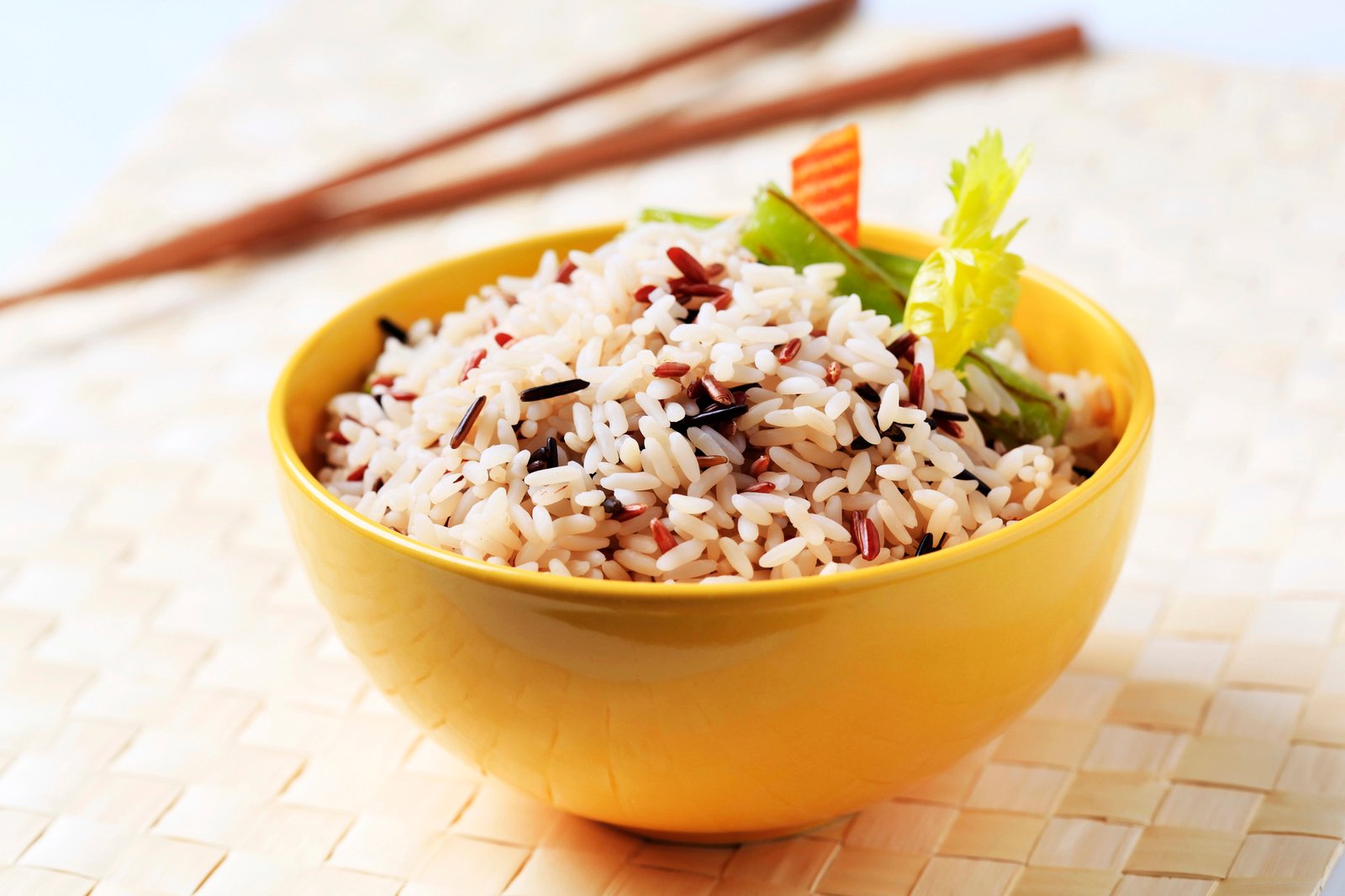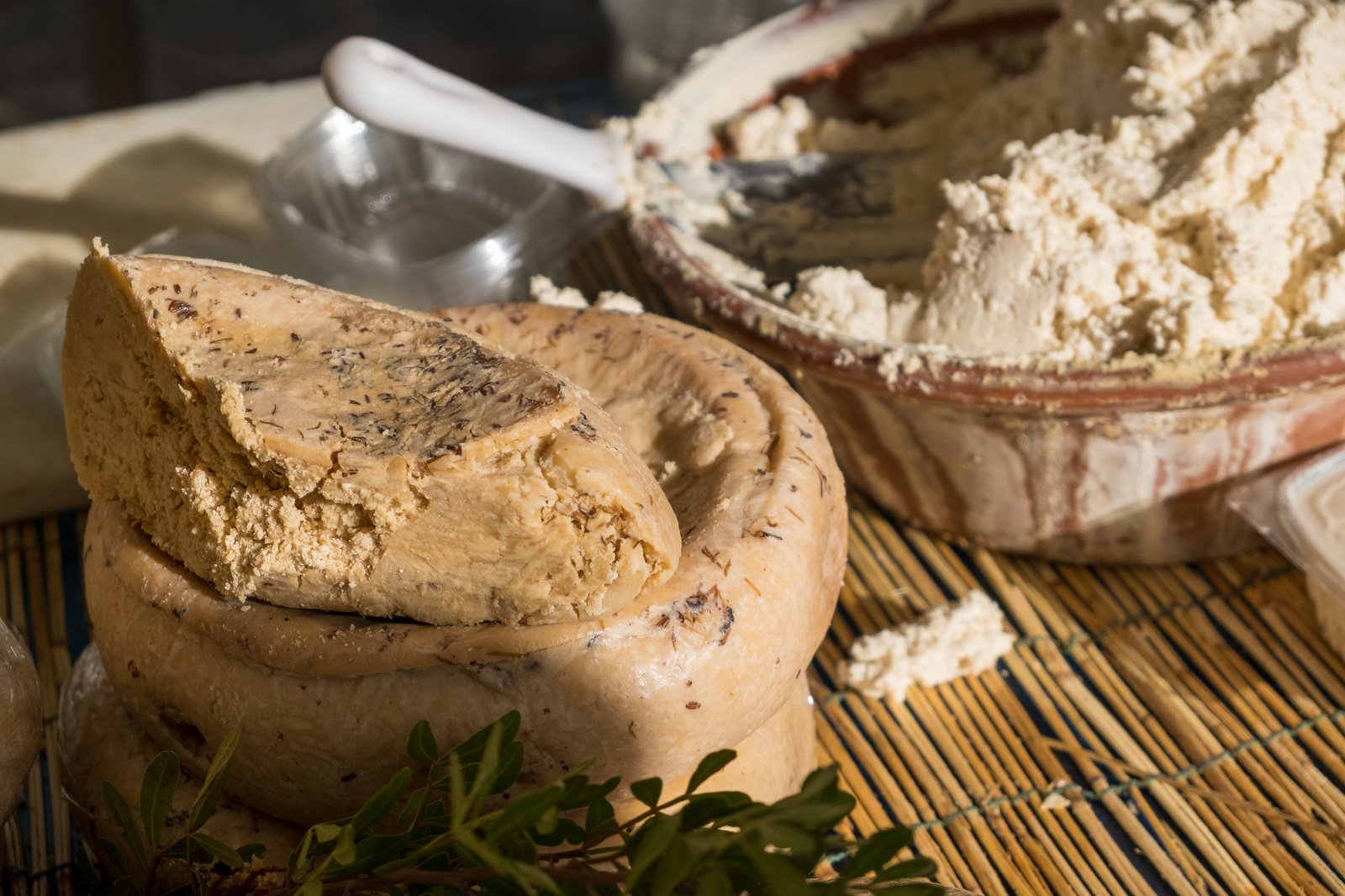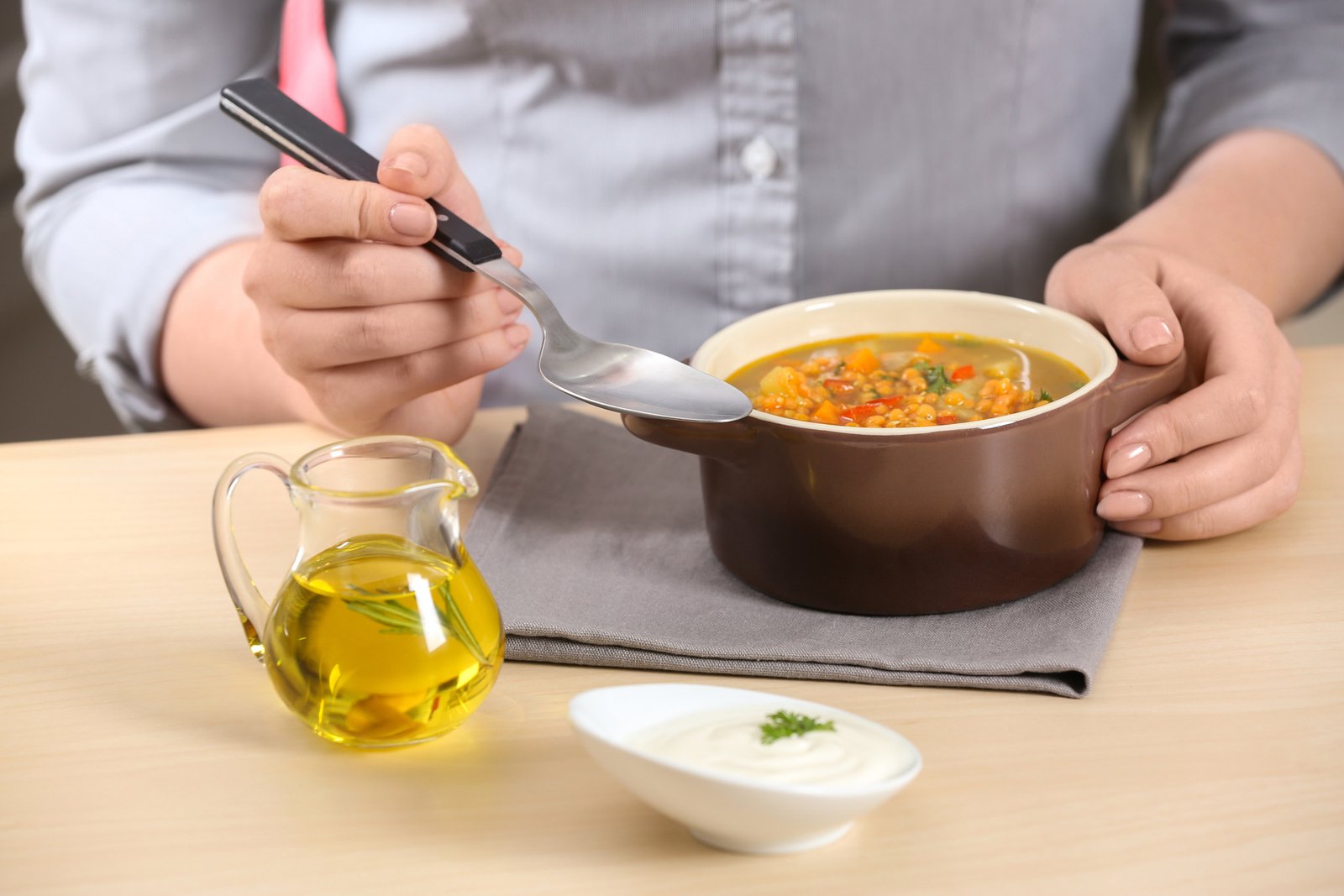Grocery shopping can drain your wallet if you’re not careful. According to CNBC, Americans spend an average of $7,400 a year on groceries, and a whopping 39% of us go over budget! LendingTree’s recent survey shows the pandemic has shaken up our shopping habits, but there’s good news: with a strategic plan, you can control your grocery spending. The key? Avoiding impulse purchases and focusing on value. Here are 13 items frugal shoppers skip to keep their grocery bills slim.
Pre-cut Fruits And Vegetables

Pre-cut fruits and vegetables offer convenience, but that convenience comes at a premium price. Frugal shoppers know this, so they opt for whole produce instead. They’re willing to invest a little time chopping their own fruits and veggies because it saves them money and ensures freshness. Take melons for example: buying a whole melon allows you to cut it as needed, freeze the leftovers, and avoid paying extra for pre-cut pieces.
Bottled Water

Bottled water can be significantly more expensive than tap water. If you buy bottled water weekly for home, the cost can add up quickly. Even worse, bottled water creates plastic waste, while tap water at home is a much lower cost. Frugal people make a smart choice by using water filters at home and carrying reusable containers when they go out. This saves money and reduces plastic waste.
Off-Season Fruits

Frugal shoppers know a thing or two about seasonal produce. Fruits that aren’t in season are often more expensive because they need to be transported long distances or grown in greenhouses. Instead of buying these pricier options, smart shoppers choose fruits that are naturally abundant during their seasons. This often means fresher produce at a lower cost. Farmer’s markets are a great place to find these seasonal steals! Another money-saving tip: buy fruits when they’re in season and freeze them for later use.
Pre-prepared Foods

re-made salads, sandwiches, and entrees may be tempting, but their hefty price tag can quickly drain your grocery budget. Frugal shoppers know this, so they opt to prepare meals at home using fresh ingredients. This allows them to control portion sizes, avoid hidden preservatives often found in prepared foods, and ultimately, save money. Plus, cooking at home lets you create delicious and healthy meals that fit your tastes and dietary needs.
Boxed Rice Mixes

Bulk rice is a budget champion compared to pre-packaged mixes. Those convenient packets may seem like a time-saver, but they’re loaded with extra spices and seasonings that inflate the price. By buying rice in bulk, you not only save money, but you also gain control over the flavorings.
Bakery Items

Freshly baked bread, pastries, and cakes from the store can be a real budget buster. But the good news is, whipping them up at home is easier and cheaper than you might think! Frugal folks know this, and they skip the bakery aisle in favor of their own kitchens.
Frozen Convenience Meals

Frozen meals are convenient, but costly. Sure, they save time in the kitchen, but the price tag can quickly thaw your budget. Frugal shoppers know this, so they prioritize fresh, home-cooked meals. Not only are they cheaper, but you can control the ingredients and customize them to your tastes.
Fancy Condiments

You don’t need fancy condiments to create delicious meals. Skip the expensive gourmet mustards and imported mayonnaises – basic condiments can add just as much flavor and color to your dishes, for a fraction of the price. Think ketchup, mustard, relish, and hot sauce – these classics can take your salads, stews, and more from bland to grand, all without breaking the bank.
Artisanal Cheese

Artisanal cheeses can be a delicious splurge, but frugal shoppers know there are plenty of budget-friendly options. Mozzarella, cheddar, and swiss cheese offer versatility and flavor at a fraction of the price.
Pre-packaged Fresh Herbs

Pre-packaged herbs in those flimsy plastic clamshells may seem convenient, but they’re not exactly budget-friendly or eco-conscious. Frugal shoppers know this. They opt for fresher, more flavorful options that are kinder to your wallet and the environment.
Canned and Packaged Soups

Homemade soup is a budget-friendly and healthy alternative to canned options. Sure, canned soups can be convenient, but they often come with a hefty price tag and unhealthy preservatives.
Individual Packaged Snacks

Wrapped snacks, while initially convenient, can hit both your wallet and your health hard. Savvy spenders are aware of this. Rather than opting for pricey and often unhealthy choices, they portion out nutritious snacks from bulk purchases into reusable containers. This practice not only saves money and cuts down on waste but also empowers you to manage portion sizes effectively.
Ready-made Pizza Dough

Pre-made pizza dough speeds up the process of preparing pizza, but it often comes with a higher price tag. Instead, thrifty individuals opt to make their own pizza dough at home, keeping costs low and sticking to a budget-friendly approach.


